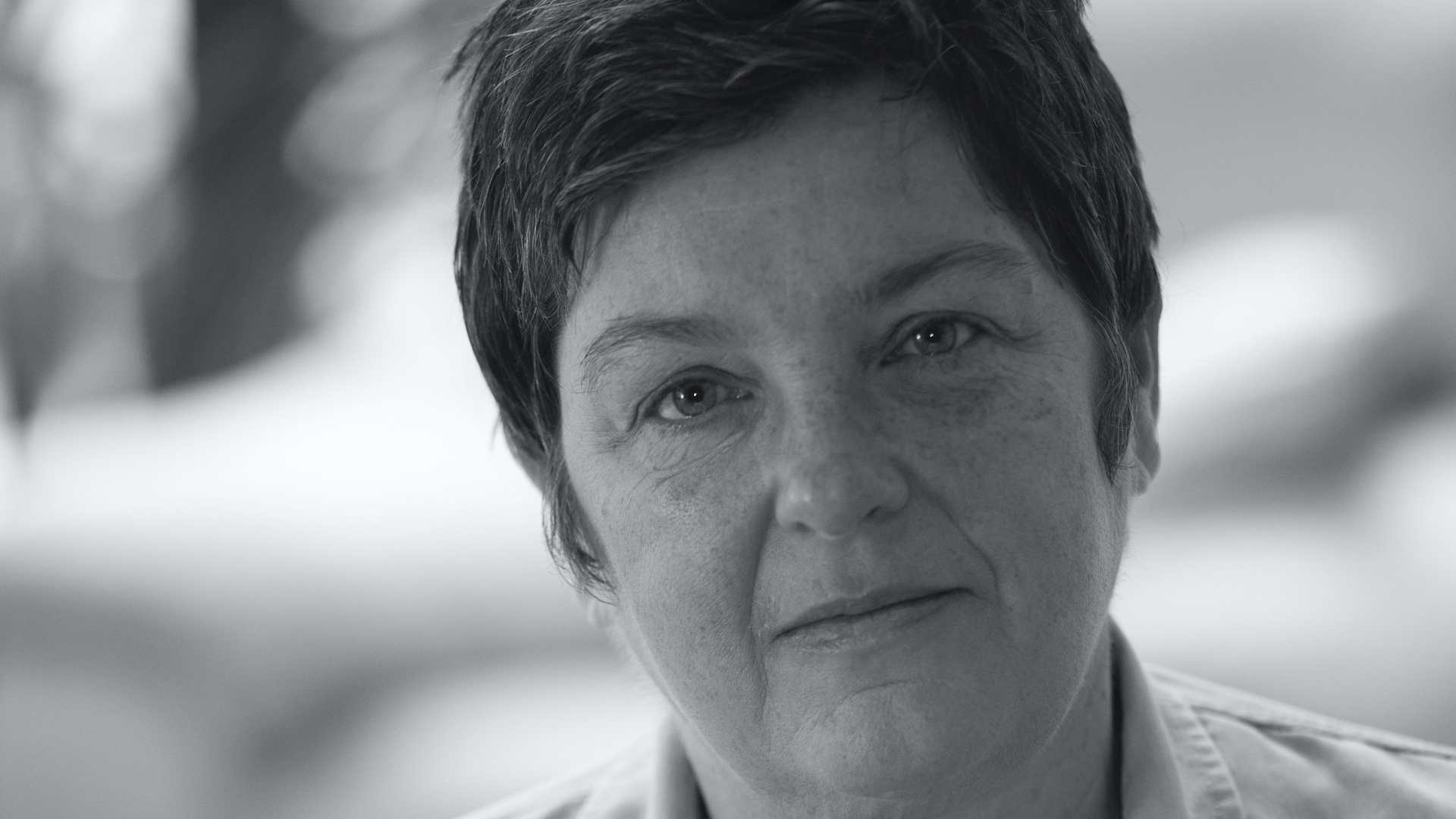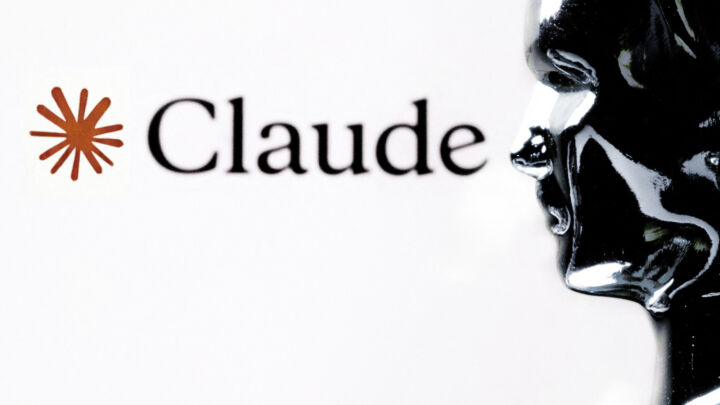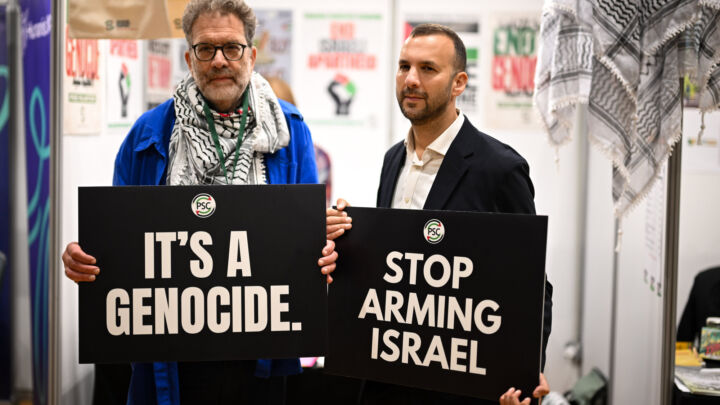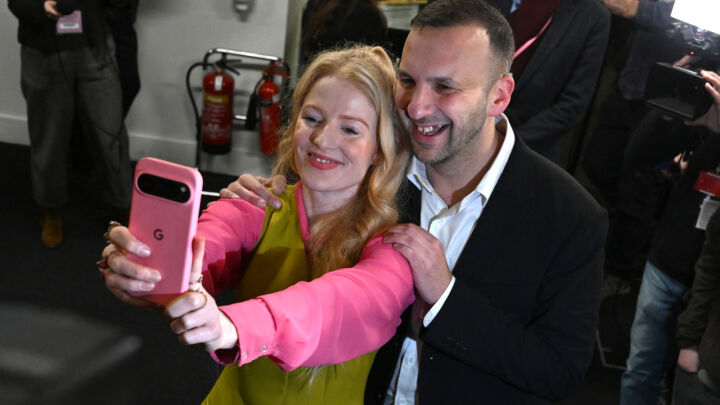‘Lesbians are in a worse place than at any point in decades’
Julie Bindel on how gender ideology and queer theory have set back the cause of gay rights.

Want unlimited, ad-free access? Become a spiked supporter.
Can a man be a lesbian? The United Nations claims that lesbians ‘have many gender expressions, body types and sex characteristics’. Lesbian bars, dating apps and speed-dating events are often expected to be open to heterosexual men who identify as women. Large lesbian-only gatherings might have been forced by the law to accommodate men, had the UK Supreme Court’s gender ruling gone the other way.
Julie Bindel’s new book, Lesbians: Where Are We Now?, explores this strange, 21st-century war on lesbians. She joined Brendan O’Neill on his podcast, The Brendan O’Neill Show, to discuss how the rise of gender ideology stalled the march for gay liberation. You can watch the whole thing here.
Brendan O’Neill: To kick off, where are lesbians now?
Julie Bindel: Well, we’re in a much worse place than any other point in recent decades. I came out in the 1970s as a teenager, and of course back then we had no legal rights. There was no such thing as discrimination towards lesbians. You could be, and I was, kicked out of jobs and even rentals over my sexuality.
Then things got better, for the simple reason that we – the women’s liberation movement, and the gay and lesbian liberation movement – campaigned, changed hearts and minds across the West, and advocated for legislation that was necessary for us to be equal. We never asked for the rights of other groups, we simply wanted them for ourselves.
Things went downhill when queer theory began dominating universities, and ‘luxury beliefs’ were taken up by those with more privilege and time on their hands than they needed. And of course, we had the advent of micro-identities. Narcissism, basically, took precedence over what lesbians and gay men were fighting to achieve, which was equality and liberation.
As a result, what was the lesbian and gay rights movement has expanded to the ‘LGBTQ2S+’ movement, which is pretty much where we are now – and lesbians are at the bottom of the pile. When you get south of the B of the bisexual, it’s mainly heterosexuals.
We have needed to fight back against this tidal wave of misogyny that comes thick and fast at us, and we needed an amicable divorce from the rest of the LGBT+ acronym. Gay men have largely understood this. The others don’t understand because they’re just queer idiots with interesting hair colors. That’s why I decided the book had to be about fighting back against what has been the biggest onslaught on our rights in my lifetime, which is the rise of gender ideology, and the liberals who took it up and, in doing so, threw us under the bus.
O’Neill: How did women like you feel when the recent Supreme Court judgement was read out?
Bindel: The Lesbian Project, which I founded with Kathleen Stock in order to address the terrible things that were happening to people like us, were intervenors in the case along with Scottish Lesbians and LGB Alliance. We needed to make it clear to the court that if it made the wrong decision (in other words, if a man with a piece of paper can be a woman, and therefore a lesbian), it represented the eradication of our sexual orientation. I don’t mean in the hysterical, ridiculous way trans activists who say they are being ‘eradicated’. I mean actually – by deciding that lesbians would no longer be same-sex-attracted females.
It would have meant that a gathering of any more than 25 lesbians could not turn away a man with a penis and a piece of paper (or a piece of paper on his penis, who knows?), if he wanted to attend. According to gender ideology, it doesn’t matter how you present physically or how you behave – you’re a lesbian if you say you are.
I was in court for the initial arguments. As I write in my book, you could see the way that the lawyer representing the Scottish ministers, the respondent in the case, was desperately trying to convince the finest legal minds in the land that Pete could come along to a lesbian gathering and say he is a legal lesbian, and demand to be let in with his gender-recognition certificate. However, when John comes along, who doesn’t have a piece of paper, the gathering doesn’t need to let him in. They might be identical twins.
The Scottish government’s lawyer tripped over herself repeatedly when using phrases such as ‘transwoman’ and ‘acquired gender’ because, of course, they have no meaning. I almost felt sorry for her. Not quite, but almost.
By the time the KC for the Scottish ministers retired for lunch, looking like she needed some smelling salts, I knew that we’d won. And I’m never optimistic like this. I’ve been in too many court cases where the jury or the decision has gone the wrong way. But I knew we’d won, and I knew it was the lesbians that won it.
I don’t mean because the other submissions weren’t utterly brilliant. They were. For Women Scotland and Sex Matters produced highly coherent arguments, and have been doing so for some time. But I knew it would be the lesbian argument that would win it, because that’s where the starkest, most bonkers, Orwellian, swivel-headed madness was exposed.
Brendan O’Neill was talking to Julie Bindel. Watch the full conversation here:
You’ve hit your monthly free article limit.
Support spiked and get unlimited access.
Support spiked and get unlimited access
spiked is funded by readers like you. Only 0.1% of regular readers currently support us. If just 1% did, we could grow our team and step up the fight for free speech and democracy.
Become a spiked supporter and enjoy unlimited, ad-free access, bonus content and exclusive events – while helping to keep independent journalism alive.
Monthly support makes the biggest difference. Thank you.










Comments
Want to join the conversation?
Only spiked supporters and patrons, who donate regularly to us, can comment on our articles.